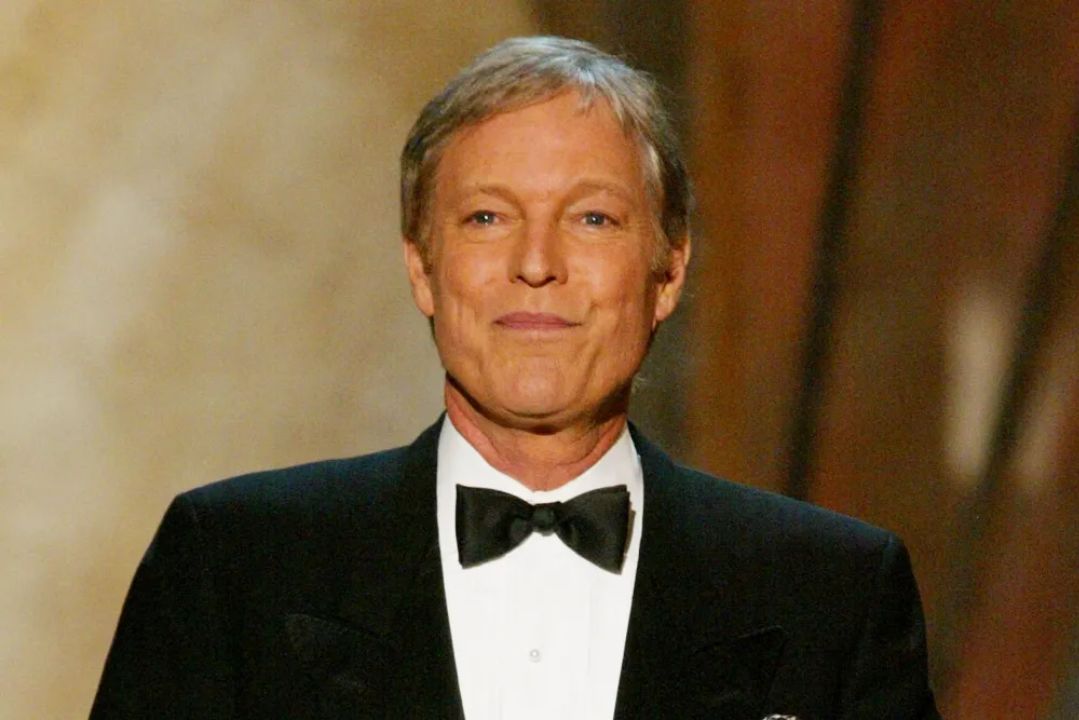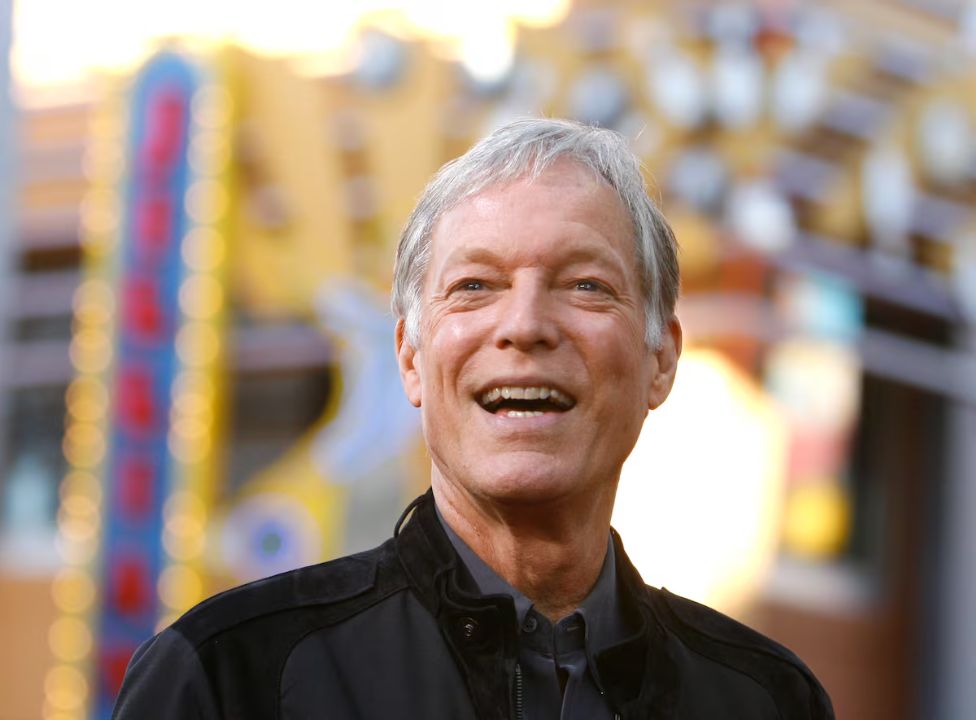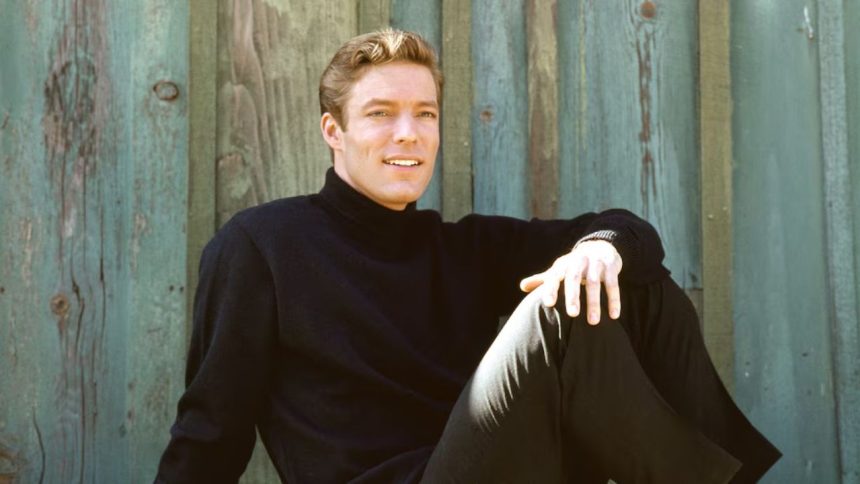Richard Chamberlain, the golden-haired heartthrob who stole America’s heart as Dr. Kildare in the 1960s and later became the undisputed “King of the Mini-Series,” left behind not just a legacy of iconic roles but a fortune that reflected his decades-long career.
When he passed away on March 29, 2025, just two days shy of his 91st birthday, in Waimānalo, Hawaii, his net worth stood at an estimated $25 million. That number wasn’t just a random figure. It was the culmination of a six-decade journey through Hollywood’s highs and lows, from teen idol to serious Shakespearean actor, from mini-series megastar to a man who finally embraced his truth later in life.
Inside Richard Chamberlain’s Impressive $25 Million Net Worth as of 2025
Chamberlain’s financial success began with his breakout role as Dr. James Kildare in the NBC series Dr. Kildare, which ran from 1961 to 1966. At the height of the show’s popularity, he was reportedly receiving 12,000 fan letters a week, a frenzy that translated into serious earning power. He won a Golden Globe for the role in 1963, and his star status led to recording deals. His single Theme from Dr. Kildare (Three Stars Will Shine Tonight) hit No. 10 on the Billboard charts.

But Chamberlain wasn’t content to be just a pretty face. In the late 1960s, he moved to England, studied classical theater, and stunned critics with his Hamlet at the Birmingham Repertory Theatre in 1969. The Times of London raved, “Anyone who comes to scoff at the sight of a popular American television actor playing Hamlet will be in for a deep disappointment.” This pivot to serious acting didn’t just elevate his reputation, it expanded his paycheck, too.
The 1970s and ’80s were Chamberlain’s golden years, financially and creatively. He starred in films like The Three Musketeers (1973) as Aramis, The Towering Inferno (1974), and The Last Wave (1977), but it was television, specifically, the mini-series boom, that made him a millionaire many times over. Shōgun (1980) and The Thorn Birds (1983) weren’t just hits; they were cultural phenomena.
The Thorn Birds, where he played the tormented priest Ralph de Bricassart, drew 140 million viewers worldwide and earned him another Golden Globe. He joked that acting in a 10-hour mini-series was like performing Shakespeare: “You must keep the overall design in your mind while shooting totally out of sequence.” These roles came with hefty paychecks, and by the mid-’80s, Chamberlain was one of TV’s highest-paid leading men.
Even when the mini-series craze faded, Chamberlain kept working, and earning. He played Jason Bourne in the 1988 TV movie The Bourne Identity, long before Matt Damon made the role famous. He returned to Broadway in My Fair Lady (1993) and The Sound of Music (1999), proving his versatility (and drawing theater-sized paydays). Later, he leaned into campier roles, like a drag cameo on The Drew Carey Show and a guest spot on Will & Grace, which kept him relevant and bankable. His 2003 memoir, Shattered Love, where he publicly came out as gay, became a bestseller, adding another revenue stream.

Chamberlain’s personal life also played a role in his finances. For over 30 years, he lived with his partner, actor-producer Martin Rabbett, in Hawaii, where they bought a property in the 1980s—a smart investment, given Hawaii’s skyrocketing real estate values. Though they split amicably in 2010 (Chamberlain quipped to The New York Times, “We don’t live together anymore, and we’re much better friends than we’ve ever been”), they reconciled later, and Rabbett was by his side when he died. Chamberlain’s Hawaii home, where he painted and exhibited art, became a sanctuary, and likely a valuable asset.
By the time of his death, Richard Chamberlain’s $25 million net worth was a credit to his endurance in an industry that often discards its idols. From Dr. Kildare to Shōgun, from Hamlet to The Thorn Birds, he reinvented himself without losing his audience, or his earning power. Even in his final years, he took on quirky roles, like a cameo in Twin Peaks: The Return (2017), proving he never stopped working or building that fortune. As he once said, “I’m not interested in being remembered.” But with a legacy like his, forgetting him is impossible.



